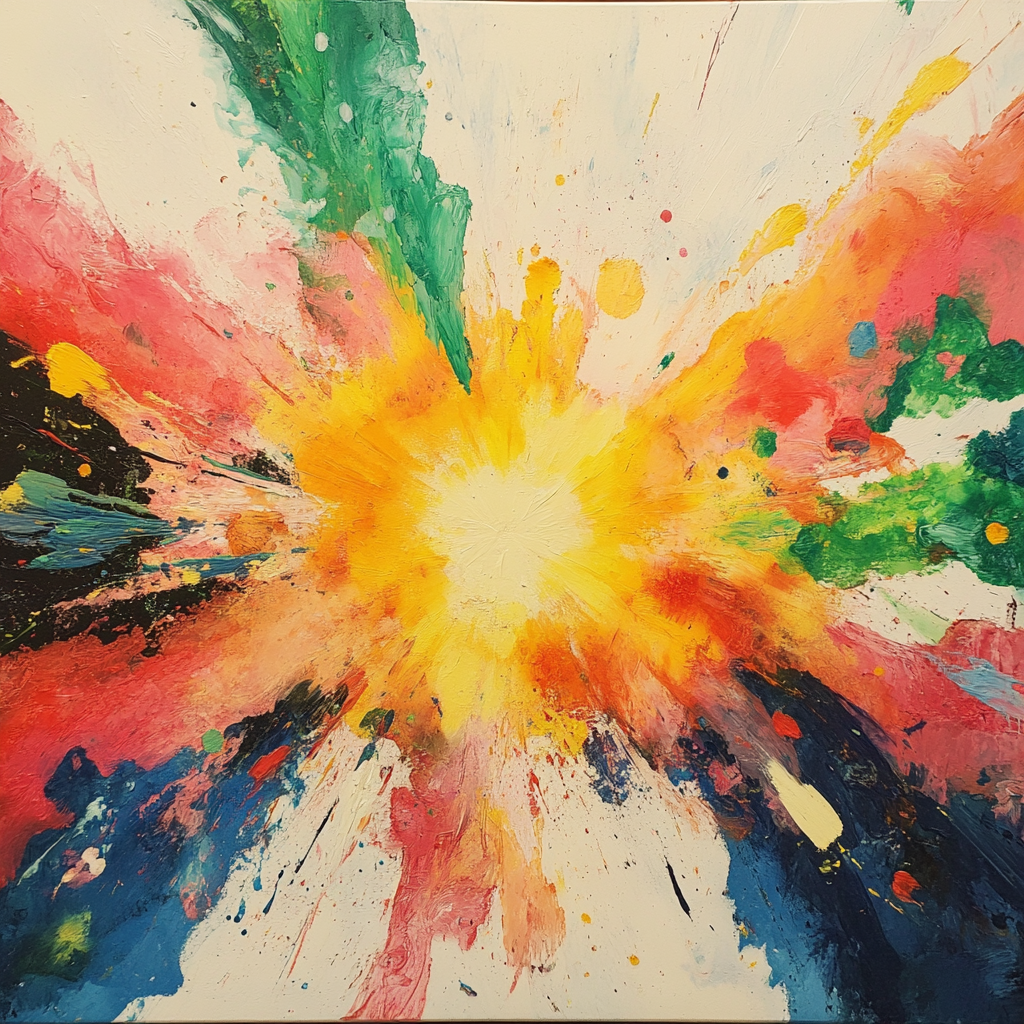A Deep Dive That’s Easy to Understand
You drink coffee. Maybe every morning.
But have you ever wondered what actually makes a coffee good?
You might have come across the term specialty coffee and assumed it was just marketing fluff. But this label means something — and behind it is a whole world of quality, care, and craftsmanship.
So let’s talk about it. No jargon, no snobbery. Just a real explanation of what specialty coffee is, how it’s made, and why it matters — especially if you’re someone who simply wants a better cup.
1. First Things First: What Does “Specialty” Actually Mean?
Let’s clear this up: specialty coffee isn’t a vibe — it’s a score.
Coffee is actually graded on a 100-point scale by certified tasters (called Q Graders). Only coffees that score 80 points and above earn the right to be called specialty. It’s the top-tier, crème-de-la-crème of the coffee world.
The scoring system evaluates things like:
- Aroma
- Flavor clarity
- Sweetness
- Acidity
- Body
- Balance
- Aftertaste
Think of it like judging a singing competition. The voice has to be clear, expressive, and technically sound — and so does your coffee.
2. From Farm to Cup: The Journey of a Specialty Bean
Here’s what sets specialty coffee apart — it’s not just about one thing. Every stage, from planting to pouring, is handled with care.
🌱 Grown in the Right Place
Specialty beans are usually grown at high altitudes, in regions with rich soil and stable climates — places like Ethiopia, Colombia, and Panama.
Cool nights and warm days slow down the coffee’s growth, allowing sugars to develop and flavors to deepen. That’s why high-altitude coffee tends to taste more complex and vibrant.
✋ Picked by Hand
Unlike commercial-grade coffee, specialty coffee is hand-picked, and only when the cherries are perfectly ripe. That matters because unripe or overripe cherries can ruin the flavor.
Imagine picking strawberries — you only want the bright red ones, right? Same idea here.
🔬 Processed with Precision
After harvest, coffee cherries need to be processed — meaning the fruity flesh is removed from the bean inside. The method used affects the taste dramatically. For example:
-
Washed process: Clean, bright, citrusy
-
Natural (sun-dried): Fruity, sweet, bold
-
Anaerobic fermentation: Complex, winey, wild
-
Honey process: Balanced, sweet, syrupy
Processing is like seasoning. It doesn’t add flavor, but it brings out what’s already there.
🔥 Roasted for Personality
Specialty coffee is roasted in small batches, often by artisans who study each bean’s unique character. Roasters don’t just want the coffee to taste "roasty" — they want it to taste like itself.
Roasting too dark can flatten the coffee’s natural notes. Light to medium roasts are often used to showcase its origin, processing method, and variety.
3. What Does It Taste Like?
This is where specialty coffee really shines.
Instead of just “coffee flavor,” you might taste:
-
Berries
-
Citrus
-
Honey
-
Chocolate
-
Floral notes like jasmine or rose
-
Nutty or spicy undertones
None of these flavors are added. They’re naturally present in the bean — shaped by the soil, climate, harvest, and roasting.
In fact, many specialty coffees list tasting notes on the bag, just like wine.
4. Is Specialty Coffee for Me?
Short answer: yes, if you’re curious.
You don’t need fancy gear or barista skills to enjoy it. You just need:
-
A willingness to try something new
-
Interest in quality ingredients
-
A desire to slow down and actually taste your coffee
If you enjoy things like craft beer, small-batch chocolate, or handmade bread, then specialty coffee will feel like home to you.
5. How Do I Start?
Here’s how to explore specialty coffee without getting overwhelmed:
☕ Start simple:
Try drip bags, filter coffee, or pour-over methods. These let the flavors shine more than espresso-based drinks.
🌍 Explore different origins:
Ethiopia, Colombia, Panama, Kenya — each has a unique flavor profile. Try a few and notice what you like.
🔍 Read the label:
Look for info like variety, processing method, and roast date. If a roaster shares that level of detail, chances are they’re serious about quality.
🙋 Ask questions:
Find a brand or roaster that educates you, not intimidates you. Good coffee doesn’t have to be elitist.
6. Final Thoughts: It’s More Than Just a Drink
Specialty coffee isn’t just a fancier version of regular coffee. It’s a celebration of people, place, and process.
Behind every cup is:
-
A farmer who hand-picked each cherry
-
A roaster who listened to the beans
-
A philosophy that values transparency, quality, and sustainability
When you choose specialty, you’re not just treating your tastebuds — you’re supporting a better coffee system from root to roast.
Discover Specialty Coffee at CaffTail
At CaffTail, we’re proud to roast specialty-grade beans for curious coffee lovers — from everyday sippers to flavor explorers. Whether you’re new to the world of single origin or already obsessed with tasting notes, we’ve got something crafted for you.
✨ Try our Panama Geisha from the award-winning Hacienda Barbara Estate
✨ Or start simple with our high-caffeine blend "Purrk Up", perfect for flat whites and busy mornings
✨ Want it easy? Our drip bags bring specialty flavors anywhere — no gear needed
Every bean is roasted fresh in small batches, right here in New Zealand. Because we believe every cup can be a little ritual — something worth slowing down for.
👉 Explore the range at https://cafftail.co.nz/collections/cafftail-coffee/products/single-origin-panama



